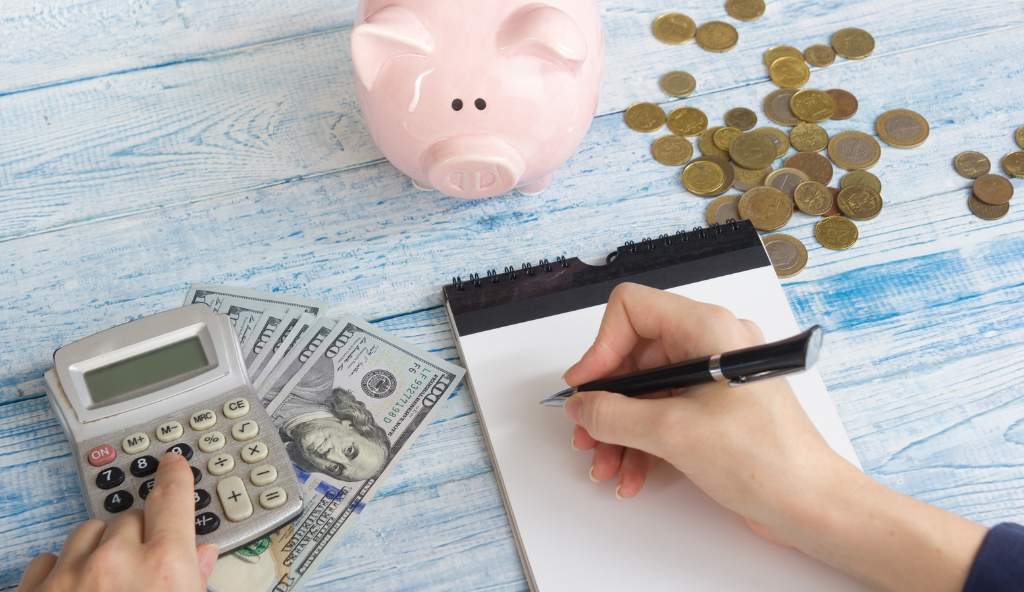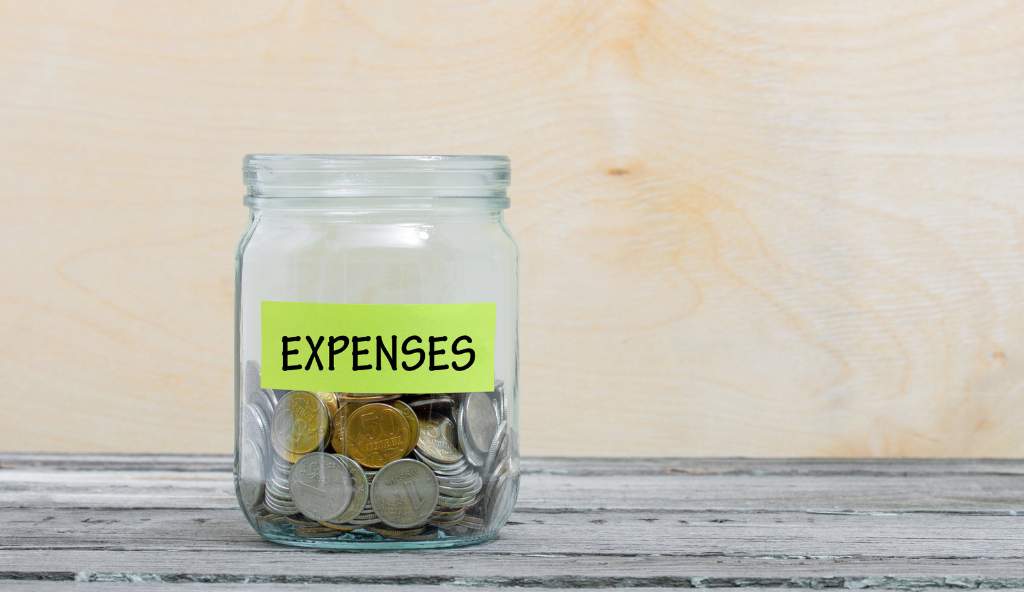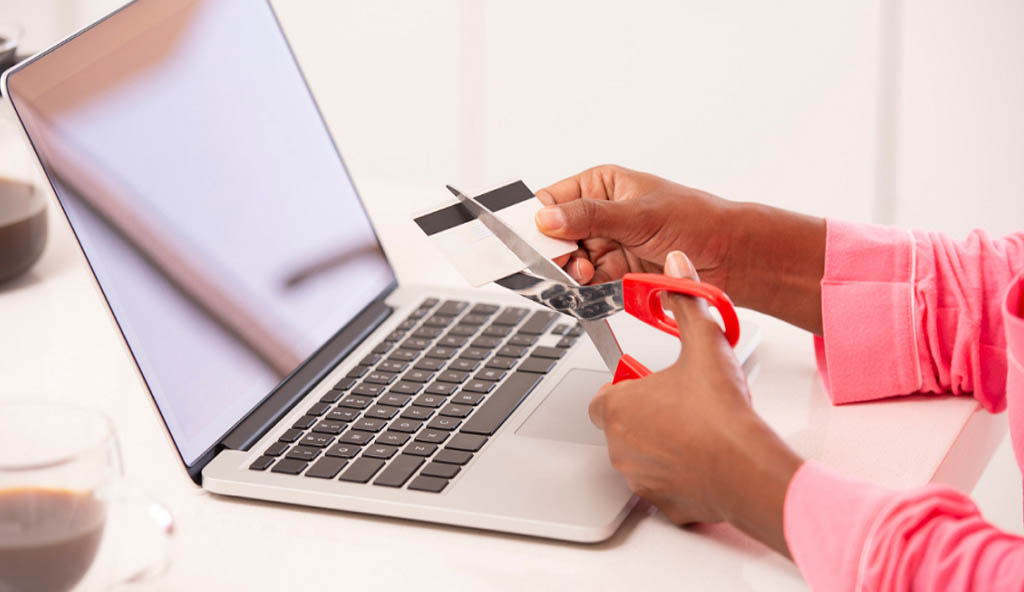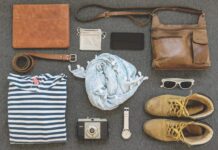“Cut back on your expenses,” is the most common phrase we all hear seeking advice on how to be on top of our finances – but this important piece of advice often falls on deaf ears. “Cutting down on your expenses is one of the most important areas of your finances to focus on if you are keen on learning about money management,” said John Price, the financial advisor of LoansEvents. The term may conjure up images of spreadsheets, complicated mathematical calculations, and a financial course, but money management is not.
By conducting a comprehensive review of your financial plan, you’ll identify areas where you can cut down on expenses. While some adjustments may initially seem daunting, as you manage them, you’ll feel a sense of accomplishment. These are effective strategies to reduce your expenses and create more financial resources for your other needs and goals.

Prepare your meals
There’s no way around it – dining out at restaurants and ordering takeaway food can consume up to 20 per cent of your income. Food delivery apps are sure to drink your monthly budget. Limiting your dining out to keep your costs in check is best.
- Bring your lunch rather than buy food at work.
- Living a busy lifestyle? Cook many dishes at weekends and put them in a fridge. You can reheat them as and when you get hungry.
- Home-cooked meals are healthier than restaurant food.
Bring beverages from home
A bottle of water in a mug and a cup of coffee aren’t likely to be costly. However, they can make up £20 each week. If you like cappuccino and the latte you can get from a cafe and want to order it, you can do so once per week, but ensure that you take it home on the days you are not. It is recommended that you drink the coffee before going to work. If you are looking for coffee to drink in the evening, it’s impossible to take it from home, but it can be substituted with coconut drinks or even fruit juices, healthier drinks.
Shop with a grocery list
A shopping list can aid in sticking to the things on the list. Find items in the refrigerator and cellars to ensure you don’t have anything on the list you don’t require. Make sure you buy enough groceries to last for one week. You’ll be able to be more organized by purchasing it regularly instead of daily.
Do not be tempted to buy additional stuff you do not need even if it is available on hefty discounts. Going off-list is not a bad idea, but you should not be tempted to buy anything you do not need. Carefully compare the deals to choose an affordable way.

Check for sales
Alongside creating a shopping list, you can save on grocery bills through special discounts and offers.
However, you should not try to purchase anything you don’t want because it is a sign that you are putting off your cash instead of saving it.
- Buy items with a higher shelf life in bulk. A bulk purchase will help save you a lot of money.
- Buy fresh seasonal fruits. They cost less than imported and off-seasoned fruits.
- Buy generic groceries. The brand name is not an acknowledgment of quality. The basic processing and manufacturing method cannot be changed, no matter under which brand name the product is being sold.
Identify between needs, wants, and unnecessary purchases
Give it a second thought while spending money on a particular item. Ask yourself if it is a necessity or simply a frivolous purchase. For instance, if your laptop is out of order and you use it for work, you will certainly have to buy it. In the event of a lack of budget, there is nothing wrong with applying for a no-credit check loan from a lender in the UK to buy it.
The situation is the opposite if you use the laptop to entertain yourself. A laptop purchase funded with a loan isn’t a good decision, and it’s not a good idea. It could cost you more cash than the original price due to interest charges. Please wait until you’ve created your budget for it. Think about whether your money could be better used elsewhere.
Sometimes, your purchases should be classified in terms of needs or wants. For instance, spending money on shoes you already have in your home is a waste of money.

Use cash for almost all your transactions
Cards are more efficient than cash when buying things, but cash can help you examine your expenditures. You’ll know how much you’ve spent and how much is left. The convenience of shopping with cash can help you stick to your budget.
Utilizing credit cards to make all your purchases could cause you to fall into debt. You could end up paying more than you can afford for your credit card charges. It is not necessary to quit using credit cards. However, you must stop using them completely.
- Make sure you do not use more than 25% of your credit card limit at a time.
- Set aside the sum of money as soon as your credit card bill is generated so you can settle the balance within the grace period.
Cut unnecessary subscriptions
Eliminating your TV cable is a great option if you use streaming services. Eliminate your landline telephone since you can handle all calls on your mobile. Take note of other subscriptions, such as magazines, food delivery service and gym memberships. Subscriptions are usually debited to your credit card, so check your bank statement to confirm that you’ve included them.
The final word
By managing your money more efficiently and balancing your expenses with your income, you can feel reassured that you’re in control of your financial decisions. It’s not about eliminating all discretionary expenditures but finding the right balance between necessary and unnecessary spending. This approach can help you secure your financial future, increase your savings, and reduce reliance on loans.























































































